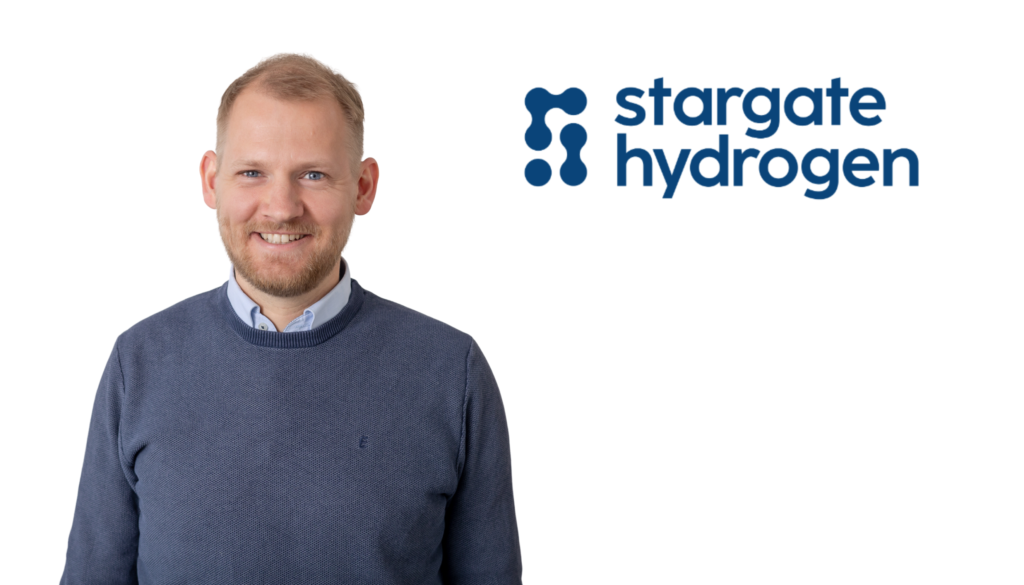“I Am the Chief Operating Officer at Stargate Hydrogen, an Estonia-based company specializing in the development and production of innovative electrodes, stacks, and systems for alkaline electrolysis, facilitating the generation of green hydrogen. In my role as COO, I oversee the coordination of engineering and development activities for stacks and systems, as well as the scaling up of production.
Before joining Stargate Hydrogen, I served as the Head of Innovation and Technology at a Swiss company that focused on combined heat and power units utilizing solid oxide fuel cell technology. I hold a PhD in Chemistry and have an academic background in Material Science.”
What was your original motivation to become a researcher
“Since childhood, I have always been a curious person who enjoys experimenting and exploring new things. This natural curiosity led me to pursue studies in the material sciences. In addition to my curiosity, I am deeply motivated by the desire to mitigate climate change. I firmly believe that this global challenge can only be addressed through technological advancement, as I am convinced that lifestyle changes alone will not be sufficient to significantly reduce our carbon emissions.”
What is your (main) research area today?
“We innovate across all three of our main activities: electrodes, stacks, and systems. While my involvement at the electrode level is minimal, I coordinate the development of both stacks and systems. At these levels, we are researching ways to enhance efficiency, simplify production, and ultimately reduce costs, whether in operational expenses (OPEX) or capital expenditures (CAPEX). In my coordinating role, my contribution to our research activities is more of a “sparring partner,” providing guidance and support. At least, that’s how I perceive it.”
What are the main objectives of your team in ELECTROLIFE?
“We joined this project because we believe that enhancing the longevity of electrolysis technologies is crucial for their widespread adoption. By improving the lifespan of these technologies, we can make green hydrogen production more reliable and cost-effective, thereby accelerating the transition to sustainable energy.
As part of our contribution, we will provide a stack to the project, which will be instrumental in gaining deeper insights into the degradation phenomena occurring within it. Understanding these degradation processes is essential for developing more durable and efficient electrolysis solutions. In addition to supplying the stack, we aim to leverage our industrial and field experience to support the project.”
What expertise and facilities does your team have to meet those objectives?
“We have a strong team encompassing all the relevant engineering disciplines needed to develop and understand alkaline electrolysis systems. This includes chemical, mechanical, materials, electrical, and process engineering, among others. We have a production facility for assembling prototypes and a lab facility for testing electrodes and short stacks. Part of our activities is conducted at the local university, TalTech, which is equipped with all the essential analytical tools.”
Which aspects of your research at ELECTROLIFE do you find the most innovative and what unique opportunities offer ELECTROLIFE to you and your organisation?
“At the electrode level, we expect to gain the most from this project. I see great opportunities for us to enhance our understanding of our electrodes, which will, in turn, enable us to develop better stacks and systems.”
How do you see the future use and impact of the ELECTROLIFE results?
“Any developed and validated technologies or methodologies could be directly applied to enhance our existing systems. This is particularly exciting at the electrode level, where improved materials and designs could lead to more efficient and durable electrodes. Additionally, the project’s insights could inform better operational strategies, optimizing performance and reducing costs.”



